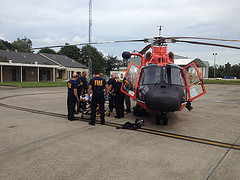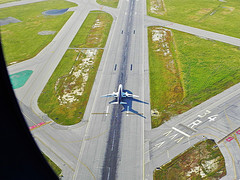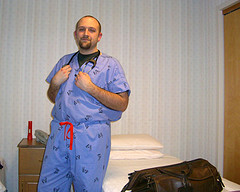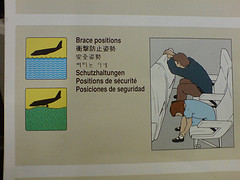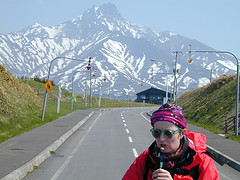 The combined disaster of an earthquake in Northern Japan, followed soon after by a devastating Tsunami and a nuclear disaster, caused great personal suffering for many Japanese people. The compounding after effect, however, has been severe losses in tourism dollars resulting in additional financial losses.
The combined disaster of an earthquake in Northern Japan, followed soon after by a devastating Tsunami and a nuclear disaster, caused great personal suffering for many Japanese people. The compounding after effect, however, has been severe losses in tourism dollars resulting in additional financial losses.
We’ve written before about the long-term effects on tourism after a natural disaster, but one Swiss man has decided to take matters in his own hands and prove to foreigners that it’s safe to travel in Japan.
Thomas Koehler, a former travel agent from Switzerland, is walking across Japan to encourage people to visit the country, and he’s blogging as he goes. You can review his blog (not yet available in English translation) and read more about his story (in English). His trip is self-funded and he’s been traveling about 20-30 KM per day.
Related posts

